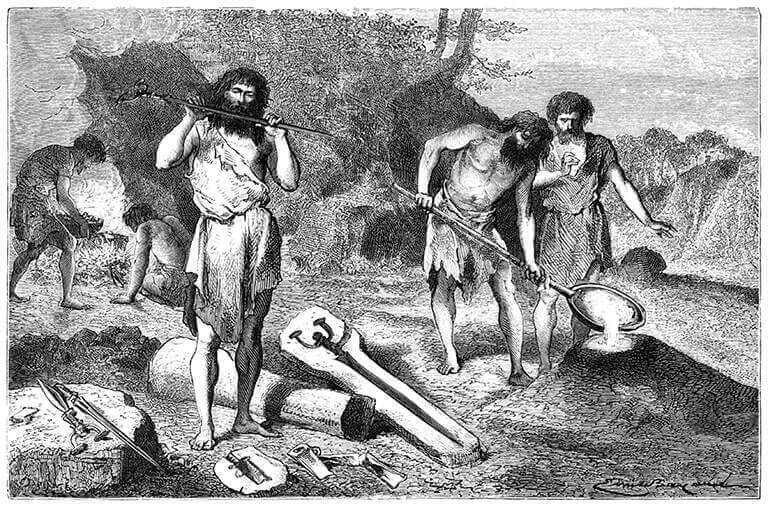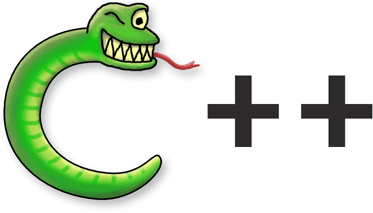You’ll be surprised to learn that scientists worry about this one thing almost as much as they worry about actual science.
“The type of science that I do is sometimes known as ‘curiosity-driven research,’”writes Hope Jahren, who teaches paleobiology at the University of Hawai‘i. “This means that my work will never result in a marketable product, a useful machine, a prescribable pill, a formidable weapon, or any direct gain.” If by some crazy chance she discovers something useful, that will be “figured out at some much later date by someone who is not me,” she writes.
So she’s the real deal—a scientist chasing questions, designing experiments, and showing 19, 20, and 21 year olds how to do it. Her lab has produced important papers, mostly about why plants have been so successful on our planet. Giant corporations don’t throw money at her. Venture capitalists don’t take her to lunches, but she is rewarded. The National Science Foundation, a government agency, gives her three-year grants. They are hard to get.
Yet once she has the cash—you scientists reading this will yawn, but I was a bit startled—it turns out that taxpayer money has an odd habit of vanishing, even when it’s right there in your hands.
Source: Why Aren’t There More Scientists? A One-Word Explanation – Phenomena: Curiously Krulwich

